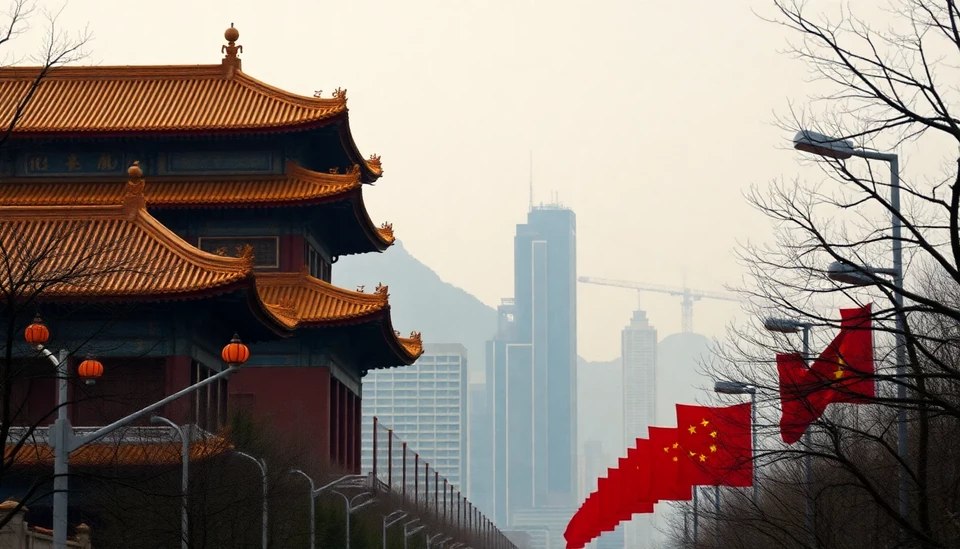
In a decisive move to invigorate its economy, China has indicated plans for additional fiscal stimulus and interest rate reductions. This comes against a backdrop of rising concerns regarding sluggish growth and unemployment rates, as well as an increasingly complex global economic landscape.
The new stimulus measures are expected to target various sectors to bolster domestic demand. Analysts predict that these initiatives will not only support the construction and real estate industries but also enhance consumer spending. This multipronged approach aims to address the economic slowdown that has plagued the nation in recent months.
In a recent statement, the Ministry of Finance emphasized the importance of proactive fiscal policy. Officials noted that investing in infrastructure and expanding the social safety net would be critical components of their strategy. These moves are seen as necessary adjustments, given the current economic climate marked by low consumer confidence and a decrease in exports.
Simultaneously, the People's Bank of China (PBoC) is anticipated to implement further cuts to interest rates. Such actions would aim to lower borrowing costs for consumers and businesses, thereby stimulating investment and spending. By making credit more accessible, the PBoC hopes to counteract the economic challenges posed by both domestic and international factors.
Market analysts are closely monitoring these developments. Many believe that the combination of fiscal stimulus and monetary easing could lead to a turnaround in China's economic fortunes. As the world's second-largest economy, fluctuations in China's economic policies have far-reaching implications, influencing global trade dynamics and financial markets.
In addition to these measures, the government is also expected to strengthen oversight of local governments to ensure that stimulus funds are utilized efficiently. This is particularly crucial in a country where rapid infrastructure projects have sometimes fallen short of delivering expected economic benefits. It is hoped that by tightening controls, funds will be directed toward initiatives that yield tangible results and support sustained growth.
As these developments unfold, the Chinese government remains vigilant against potential risks, including inflation and potential financial instability. Officials are prepared to recalibrate their strategies as needed to maintain economic stability while pursuing growth objectives.
The upcoming months will be critical for assessing the impact of these anticipated policies. Stakeholders across various sectors will be keeping a keen eye on both domestic economic indicators and the global landscape, as they navigate the complex interplay of recovery and growth in an unpredictable environment.
This proactive stance reflects a broader commitment by Chinese authorities to foster a resilient economy capable of withstanding external pressures and internal challenges. As the world watches, these measures may well set the tone for economic strategies in other nations striving to emerge from their own downturns.
In summary, China's announcement of more fiscal stimulus and interest rate cuts marks a significant step in addressing the ongoing economic challenges. This initiative is poised to influence not only the national economy but also global market conditions, underscoring the interconnectedness of economic health worldwide.
#China #FiscalStimulus #InterestRateCuts #EconomicGrowth #GlobalEconomy #Investment #ConsumerSpending #Infrastructure
Author: Laura Mitchell




